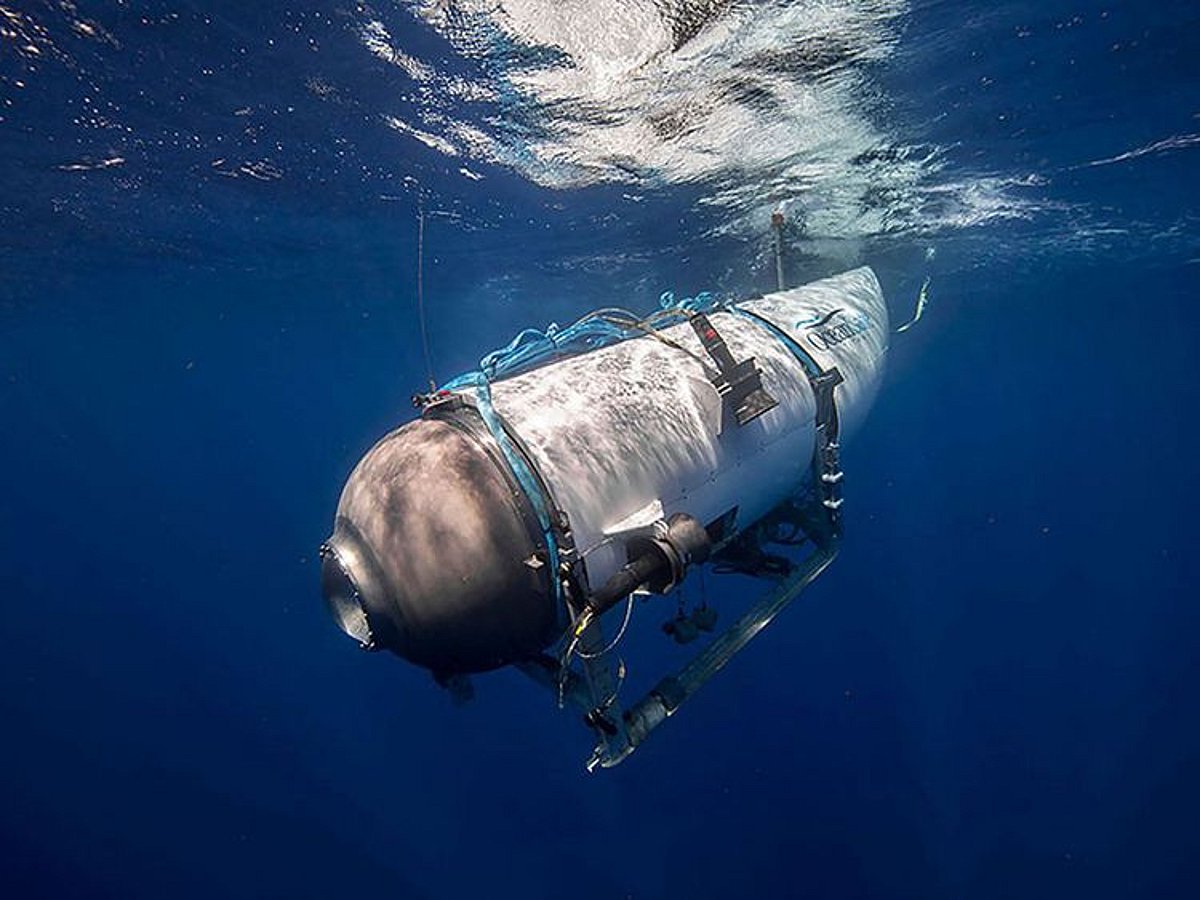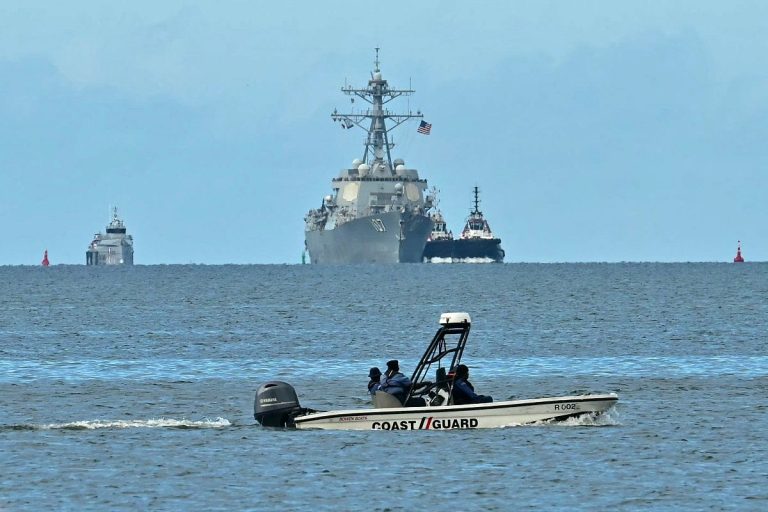NTSB Report Uncovers Engineering Flaws in Titan Submersible
A recent report by the National Transportation Safety Board (NTSB) has shed light on the tragic implosion of the Titan submersible, which resulted in the deaths of five individuals during a dive to the Titanic wreck site. The findings indicate that engineering deficiencies played a critical role in the disaster, prompting calls for enhanced safety regulations in deep-sea exploration.
Key Findings of the NTSB Report
The NTSB’s final report, released on Wednesday, attributes the Titan’s catastrophic failure to significant engineering flaws. The report highlights that the submersible’s carbon fiber composite pressure vessel contained multiple anomalies, which compromised its strength and durability. As a result, the vessel imploded while descending to the Titanic wreck in June 2023, killing all five passengers instantly.
The investigation revealed that OceanGate, the company responsible for the Titan, did not conduct adequate testing to ascertain the vessel’s true durability. This lack of rigorous evaluation contributed to the tragic outcome, as the company was unaware of the potential risks associated with the submersible.
Emergency Response and Recovery Efforts
The NTSB report also noted that the wreckage of the Titan could have been located more quickly if OceanGate had adhered to standard emergency response protocols. Although a rescue was ultimately not feasible, following these guidelines could have saved valuable time and resources during the search operation.
In August, a separate report from the Coast Guard echoed the NTSB’s findings, labeling the Titan’s implosion as preventable. The Coast Guard identified critical flaws in OceanGate’s safety procedures and highlighted significant discrepancies between established safety protocols and the company’s actual practices.
Impact on OceanGate and the Industry
Following the incident, OceanGate suspended its operations in July 2023 and began winding down its activities. The tragedy claimed the lives of several notable individuals, including OceanGate CEO Stockton Rush, renowned French explorer Paul-Henri Nargeolet, British adventurer Hamish Harding, and two members of a prominent Pakistani family, Shahzada Dawood and his son Suleman Dawood. The incident has since led to lawsuits and increased scrutiny regarding the regulation of private deep-sea expeditions.
In light of the findings, the NTSB has recommended that the Coast Guard establish a panel of experts to examine submersibles and other pressure vessels designed for human occupancy. The goal is to develop regulations informed by this study, as current regulations for small passenger vessels have been deemed inadequate, allowing unsafe operations like those of the Titan.
Corporate Culture and Regulatory Concerns
The report also delves into OceanGate’s corporate culture, revealing that the company was aware of potential regulatory scrutiny prior to the implosion. An operations technician who left the company expressed concerns about the terminology used to describe paying passengers as “mission specialists.” The technician recounted a conversation with the CEO, who allegedly remarked that if the Coast Guard posed a problem, he would “buy himself a congressman” to circumvent it.
The Titan had been making dives to the Titanic site since 2021, with its final descent occurring on June 18, 2023. After losing contact with its support vessel approximately two hours into the dive, a massive search operation was launched, covering an area about 700 kilometers south of St. John’s, Newfoundland. Unfortunately, it soon became evident that there would be no survivors, leading to extensive investigations by the Coast Guard and other authorities.
FAQs
What caused the Titan submersible to implode?
The Titan submersible imploded due to engineering flaws in its carbon fiber composite pressure vessel, which failed to meet necessary strength and durability requirements.
What were the consequences for OceanGate following the incident?
OceanGate suspended its operations and began winding down after the incident, facing lawsuits and increased scrutiny regarding safety regulations in deep-sea exploration.
What recommendations did the NTSB make following the investigation?
The NTSB recommended that the Coast Guard form a panel of experts to study submersibles and implement new regulations to enhance safety in the industry.
Conclusion
The NTSB’s findings on the Titan submersible incident highlight critical engineering failures and the need for improved safety regulations in deep-sea exploration. As investigations continue, the recommendations for regulatory reforms aim to prevent similar tragedies in the future, ensuring the safety of those who venture into the depths of the ocean.
Also Read:
ADGM Updates Regulations for Legal and Corporate Services
Nayyab Ali Shortlisted for UN Human Rights Role
Saudi Arabia’s New Regulations Boost Local Tourism Jobs







